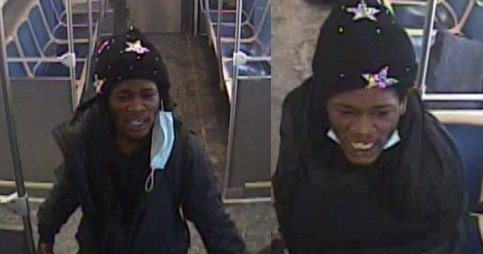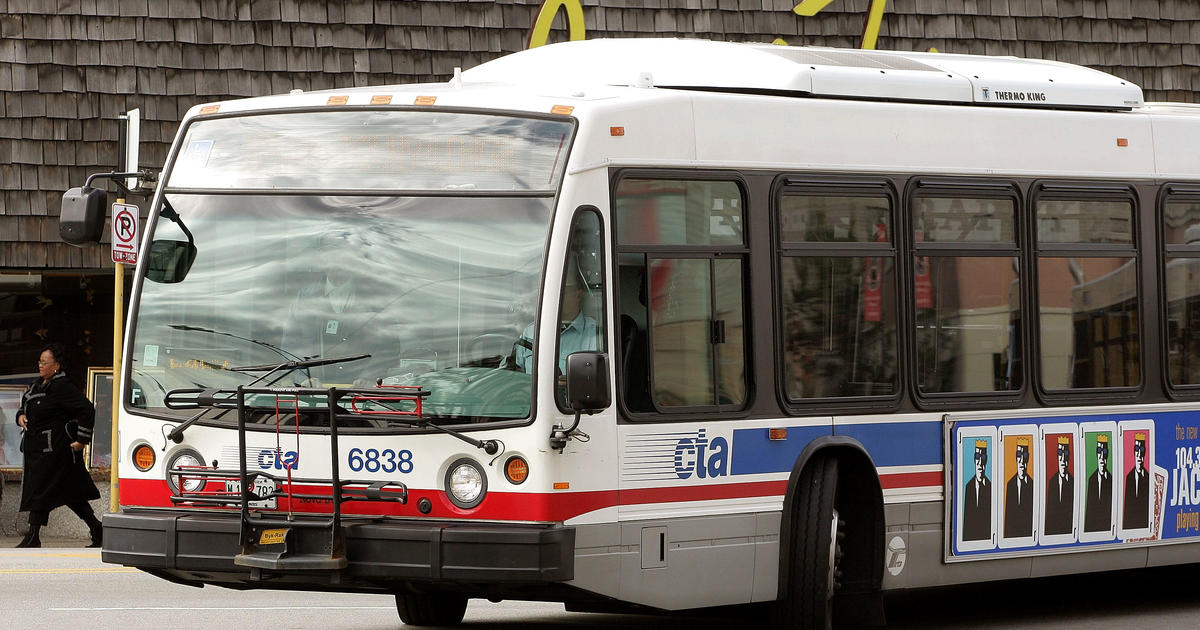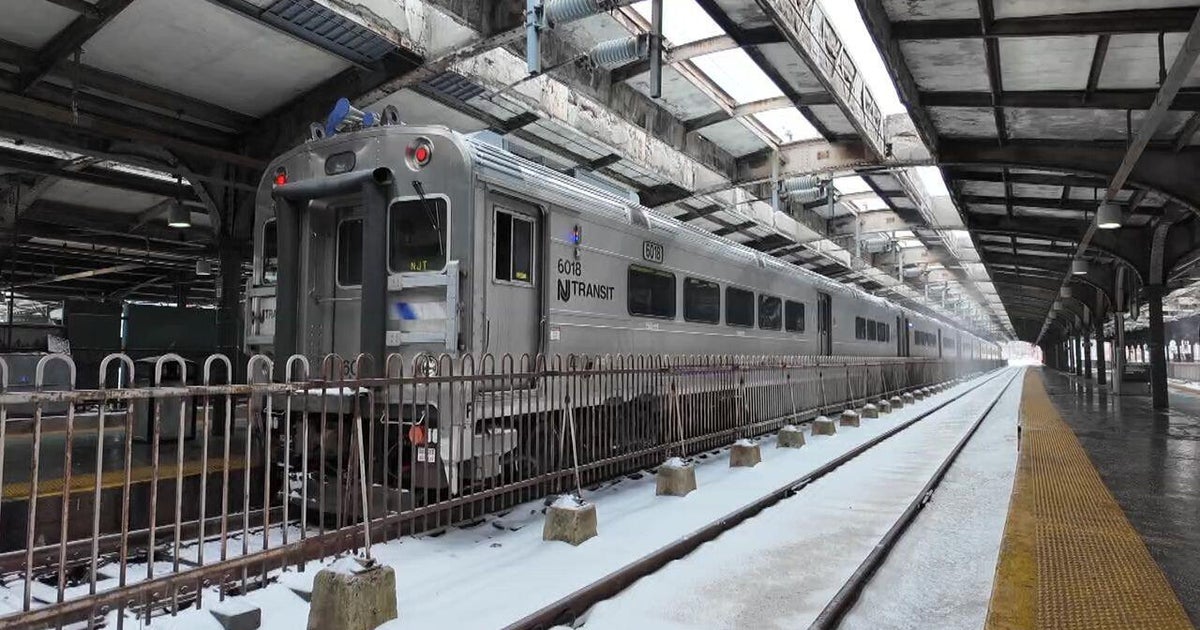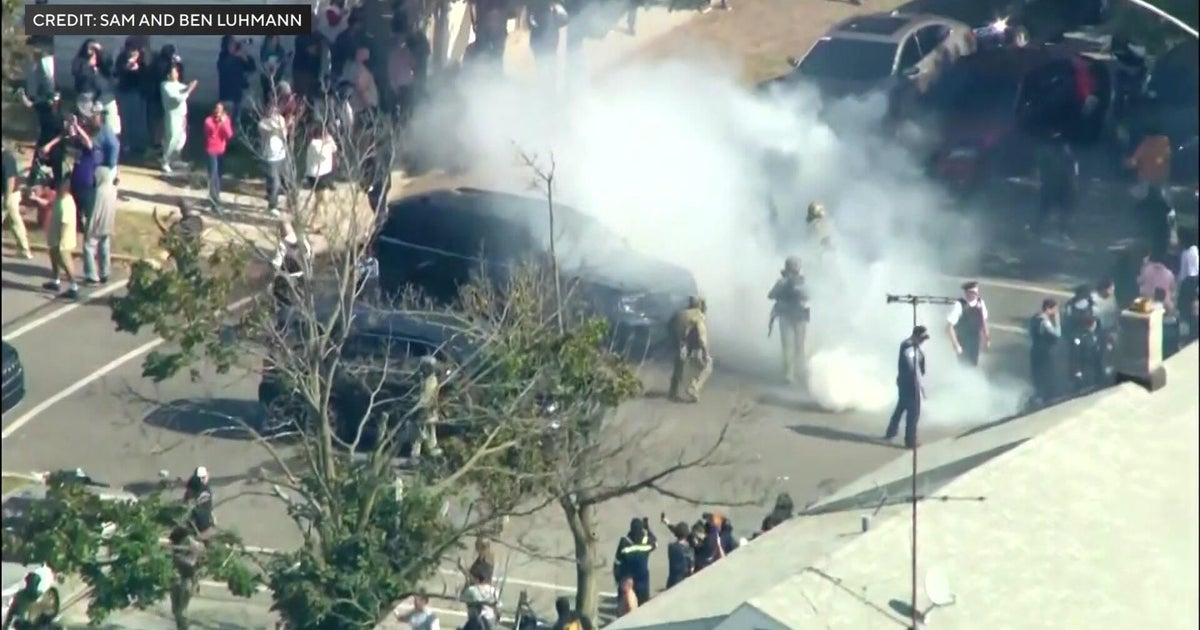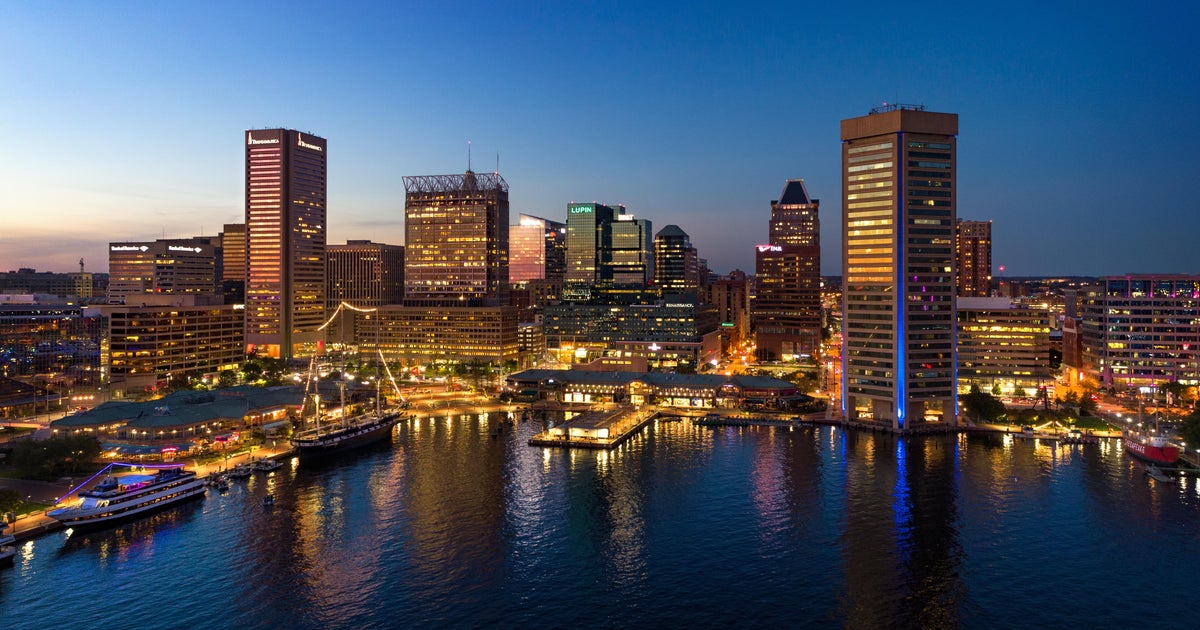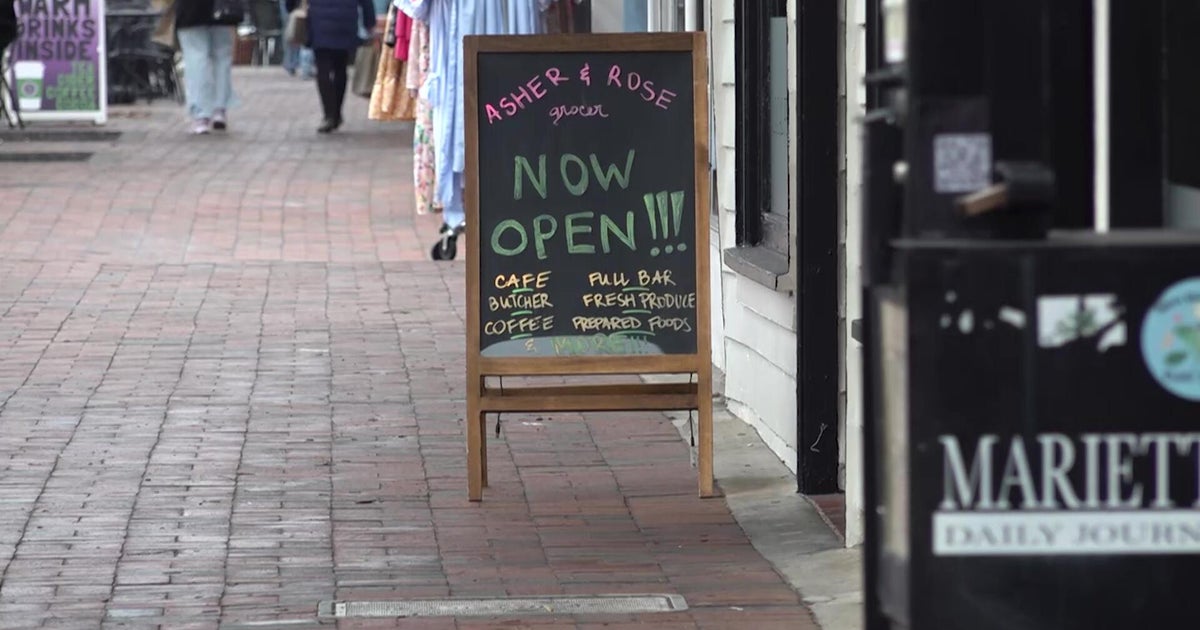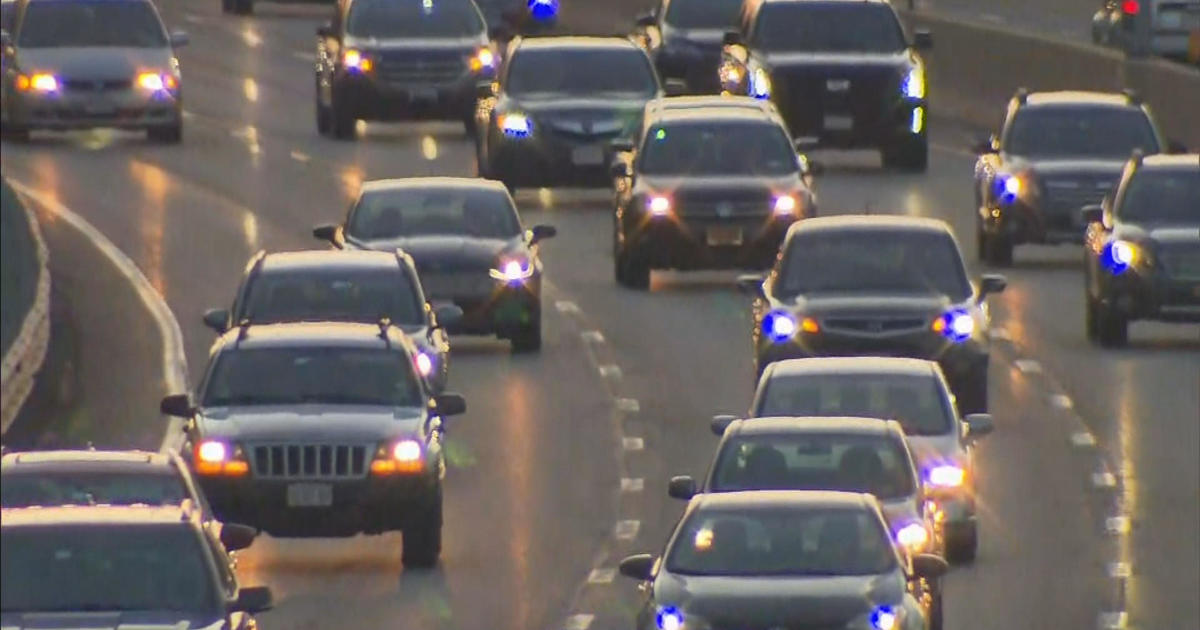CTA Unveils Preferred Route For Red Line Extension Project
CHICAGO (CBS) -- Moving forward with its plans to extend the Red Line south to 130th Street, the CTA has decided which route it wants to use for the project.
The new map of the CTA's "preferred alignment" would use elements of two paths the transit agency had been considering for the extension. The move would limit the amount of private property the CTA would have to purchase to complete the $2.3 billion project.
The CTA's plan would extend the Red Line more than 5 miles from 95th Street to 130th Street, by building tracks alongside existing Union Pacific and Metra tracks on the Far South Side.
The extension would save the average commuter at least 20 minutes between downtown and the Far South Side, and would make affordable housing options in the area far more accessible than they are now.
"I think it's great, because they don't have a lot of transportation out that way. You know, you only have the Michigan bus, but then it shuts down at certain times. So I think it will be great for the Red Line to go out that way," CTA rider Malik Johnson said.
The path would curve south from the existing 95th Street Station along Interstate 57, where it would turn south on the west side of Union Pacific Railroad tracks to near 109th Street, where it would cross to the east side of the UP tracks and continue south to 119th Street, where it would cross Metra Electric tracks, and continue south to 130th.
The extension would include new stations at 103rd Street near Eggleston Avenue, at 111th Street near Stewart Avenue, at Michigan Avenue near 116th Street, and at 130th Street near Indiana Avenue. If officials secure funding for the project, construction would take about four years. The earliest work could begin would be 2022.
The project still faces a couple major hurdles, including securing federal funding to help cover the $2.3 billion cost. With the White House still finalizing its infrastructure plan, and the Emanuel administration's adversarial relationship with the president, it's unclear how much federal funding the city can get.
Construction also would require displacing about 150 private properties currently located along the 5.3-mile path. That means the city must purchase dozens of buildings and dozens of vacant properties to make way for the new tracks. If any property owners resist selling to the city, the city could exercise its eminent domain powers, but that still could result in a lengthy court fight.
